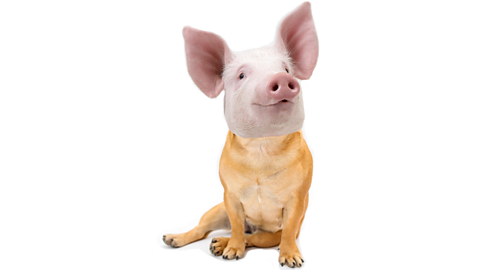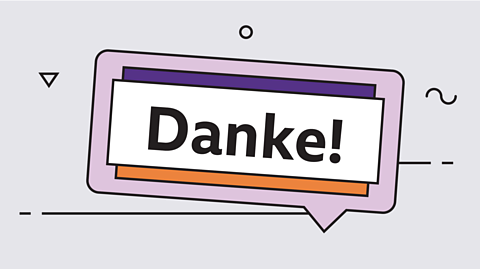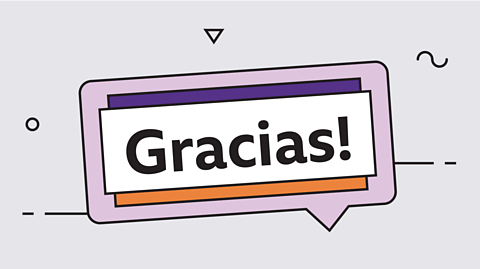There are over 170,000 words in the English language but have you ever struggled to find a way to express something? How can you describe just how incredibly spicy your takeaway was? Or what's that feeling of needing a nap immediately after eating it called?
Worry not - these words from languages across the world will sort you out.
1. Innerer schweinehund

We¡¯ve all been there - your alarm goes off and all you want to do is stay in bed all day. You keep on pressing snooze until the absolute last minute, and you start debating whether or not your plans are even worth getting up for. The inner voice that encourages you to be lazy is called your innerer schweinehund in German, which literally means ¡®inner pig-dog¡¯.
2. ÂéÀ± (M? L?)

In Mandarin, there¡¯s a phrase to describe the numb feeling you get when a spicy meal knocks you off your feet. It¡¯s m¨¢ l¨¤, and it comes in handy when trying to describe how you feel after eating that vindaloo you confidently ordered.
3. Yaourt

You know you¡¯ve done it. You¡¯re singing along to a song on the radio, and you realise too late that you don¡¯t know the words to the next verse. But you carry on anyway, with some very questionable made up words. Someone in France may say tu chantes du yaourt to you when this happens, which literally translates to ¡®you sing yoghurt¡¯. It means that you use fake words or sounds - and you aren't fooling anyone.
4. Friolera/friolero

Winter is coming, but there are some people that absolutely can¡¯t stand cold weather - everyone knows that one person who wears a roll neck in mid-July. These people are called friolera or friolero in Spanish, and it just means someone who is particularly sensitive to cold.
5. Hiraeth

Â鶹ԼÅÄsickness is a familiar feeling for most of us, but sometimes that feeling of longing can extend to a time in your life as well as a place. The word homesickness doesn¡¯t quite seem to describe it. Luckily, the Welsh language has us covered. Hiraeth describes a deep longing for a place as you remember it, but which has probably changed significantly. Think parents who constantly yearn for their university days.
6. Craic

Craic is an Irish noun used to describe a really good time with other people, particularly when you just can't stop laughing. An example of this in a sentence would be: ¡°I went round to my best friend Niamh¡¯s house yesterday and couldn¡¯t stop laughing - it was great craic¡±. It can also be used to talk about plans: "what's the craic tonight?" Very efficient.
7. Abbiocco

Have you ever had a huge Sunday roast and immediately needed a nap afterwards? Well, in Italy, there¡¯s a word for that: abbiocco. It¡¯s the particular kind of sleepiness you feel after a big meal.
8. Hygge

With winter on its way, it¡¯s prime time for toasting your toes by the fire with your family and friends, and feeling all warm and snuggly. In Danish, there¡¯s a word for a moment that feels particularly cosy and comfortable, and that¡¯s hygge. It¡¯s best used to describe how you feel settling down to watch the Christmas Strictly episode in your warmest socks with a huge mug of hot chocolate.
This article was published in September 2018
GCSE French. collection
Click here for help with your French revision.

GCSE German. collection
Need help with your German revision? We've got you covered.

GCSE Spanish. collection
Doing GCSE Spanish? Click here.
